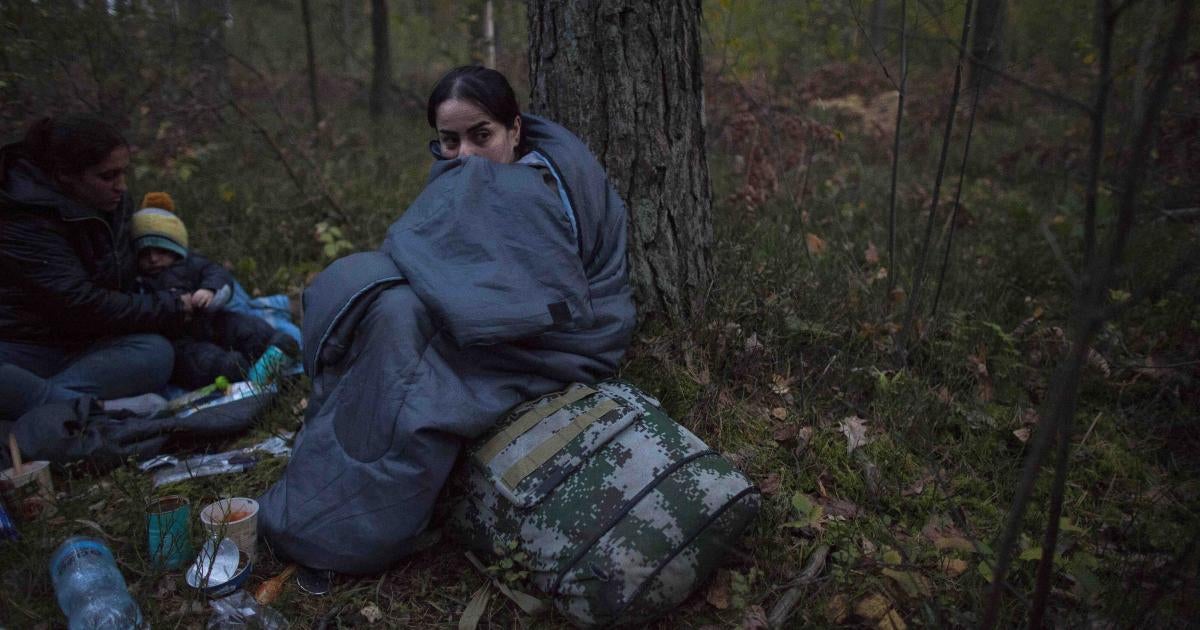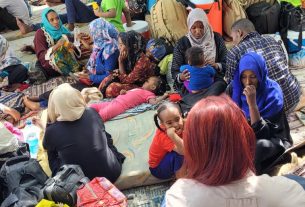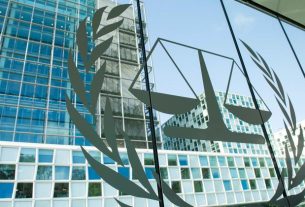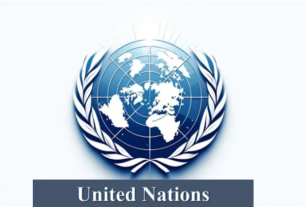A good starting point for the new Polish government to demonstrate it is serious about restoring the rule of law, which was eroded by the previous government, would be stopping the practice of migrant pushbacks at the country’s border with Belarus.
On March 8, the Polish Border Guard announced the establishment of search and rescue teams tasked to provide medical and humanitarian aid to migrants stranded in a forested border area.
The announcement followed a call in January by more than 100 local organizations for Poland’s new government to halt unlawful pushbacks at the border with Belarus.
While the new teams may help avert some of the deaths of migrants stranded between Belarus and Poland, it leaves the underlying problems untouched.
Since 2021, Human Rights Watch has documented serious abuses against migrants by Polish border guards, including violent pushbacks to Belarus, which in at least 55 cases have led to deaths, including those of children. The previous Law and Justice government declared the area close to the Belarusian border a restricted zone, blocking humanitarian organizations’ access. Restrictions were lifted in June 2022, but humanitarian groups continued to face bogus charges of heading criminal networks and organizing illegal border crossings of migrants into Poland.
Once pushed back to Belarus, migrants have endured serious abuses by Belarusian border guards, including beatings, food and water shortages, and being prevented by Belarusian border guards from leaving the forested and closed military area close to the border.
In late September 2023, a Somali man told Human Rights Watch he was stranded in the border area on the Belarusian side for 40 days following multiple pushbacks by Polish border guards. He witnessed the death of a Somali woman who perished after falling ill due to the lack of food and clean water.
Putting a “humanitarian” face on pushbacks doesn’t make them lawful. Instead, Poland’s government should immediately restore legal order at the border by granting access to the Polish asylum procedure for those foreigners seeking it. It should repeal the unlawful border regulation that legalized pushbacks and implement numerous domestic court rulings finding the pushbacks to be unlawful. It should stop criminal prosecution and harassment of civil society activists and humanitarian workers aiding migrants at the border, and it should allow medical and humanitarian organizations access so that they can assist people in need.
Failing to do so will perpetuate an unlawful border regime that violates basic human rights and put people’s lives at risk.



